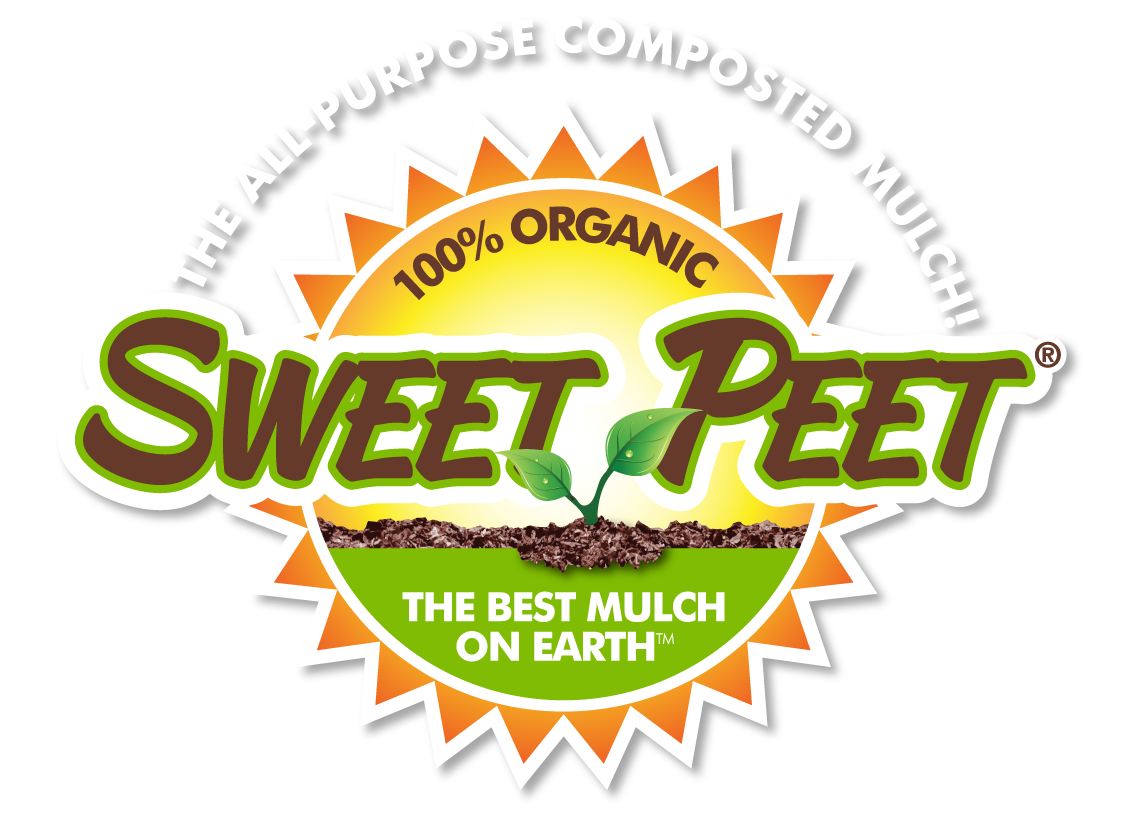Rubber Mulch vs. Organic Mulch: Pros and Cons for Your Garden
Rubber mulch has become a popular choice for playgrounds and even some gardens. Made from recycled tires, it’s durable, heavy enough to stay in place, and its color lasts longer than traditional mulches.
But is it really the best option for your garden? Before you decide, it’s important to weigh the drawbacks alongside the benefits.
The Downsides of Rubber Mulch
While rubber mulch may seem convenient, it comes with some serious disadvantages:
No nutrients. Rubber mulch doesn’t break down or enrich your soil in any way. Instead, it interferes with soil balance and leaves your plants without the nourishment they need.
Toxic chemicals. Recycled tires contain hazardous substances that can leach into your soil, harming both soil health and plant growth.
Difficult to work with. Rubber mulch can’t be tilled into the soil, making weed control a hands-on chore.
High cost. Rubber mulch is expensive — in some cases up to $400 per cubic yard compared to around $35 per cubic yard for organic mulch.
The Benefits of Organic Mulch
Organic options like Sweet Peet® offer clear advantages for your garden:
Soil enrichment. Sweet Peet® adds nutrients and improves soil structure as it breaks down.
Moisture retention. Organic mulch helps soil hold water, reducing the amount of watering your garden needs.
Plant health. By improving soil, organic mulch leads to healthier, faster-growing plants that are less prone to disease and insect problems.
Weed suppression. A thick layer of organic mulch naturally reduces weeds without harmful chemicals.
Cost savings. Not only is organic mulch less expensive up front, but its soil-improving qualities allow you to buy smaller, less costly plants that establish quickly.
When Rubber Mulch Makes Sense
While it’s not ideal for gardens, rubber mulch does have its place. It works well in playgrounds, pathways, and high-traffic areas where soil health isn’t a concern.
The Bottom Line
For gardeners who want thriving plants, healthier soil, and long-term savings, organic mulch is the clear winner. Sweet Peet® offers all the benefits of organic matter — and none of the risks of rubber mulch.
Looking for Sweet Peet® near you? Find a retailer here.
